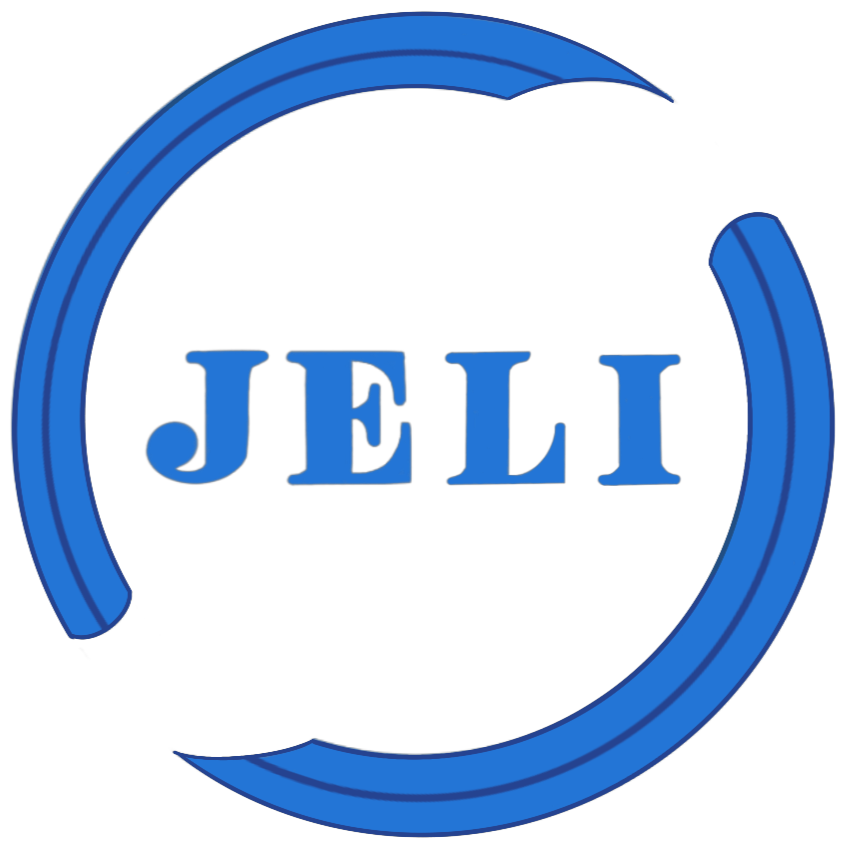About the Journal
Journal Description
The Journal of Education, Language, and Ideology (JELI) is an international peer-reviewed academic journal (online-only) that publishes rigorous scholarship that advances inquiries in issues related to ideology, language, and education. Although articles are written in English, the journal welcomes studies dealing with the teaching and learning of languages other than English as well. JELI invites cutting-edge research from around the world with sound and diverse methodological designs and innovative implications for teaching multiple languages or any one language as a first, second, or third language. The journal is open-access, and the published articles are freely available to anyone.
Aims & Scope
The Journal of Education, Language, and Ideology (JELI) is interested in critical scholarship that is grounded in mixed methods, and qualitative, quantitative, pedagogical, and emergent paradigms. The primary goal of the journal is to provide a forum for scholarship that inquires into ideology to enrich language education. With this understanding, JELI is committed to bridging theory and practice in multilingual education, and invites submissions on numerous topics, including but not limited to:
- Language Ideology and Education
- Language, Race/Ethnicity, and Ideology
- Translanguaging
- Bi/multilingual Education
- Content and Language Integrated Learning (CLIL)
- Medium of Instruction
- English as a Medium of Instruction (EMI)
- Teacher Language Ideology
- Language-in-Education Planning and Policy
- Linguistic Injustice in/through Education
- Indigenous Language and Knowledge in Education
- Language and Intersectionality
- Language and LGBTQ+ Inclusivity
Frequency of Publication
Types of Submissions
The Journal of Education, Language, and Ideology (JELI) publishes numerous types of contributions including research articles, brief reports, book/software/media reviews, correspondences, and interviews. JELI also welcomes proposals for special issues.
Statistics
Abstracting & Indexing Information
JELI is still relatively new and constantly being improved so that it can be covered by more indexing/abstracting services. Currently, it is indexed in Google Scholar, and OpenAIRE.
